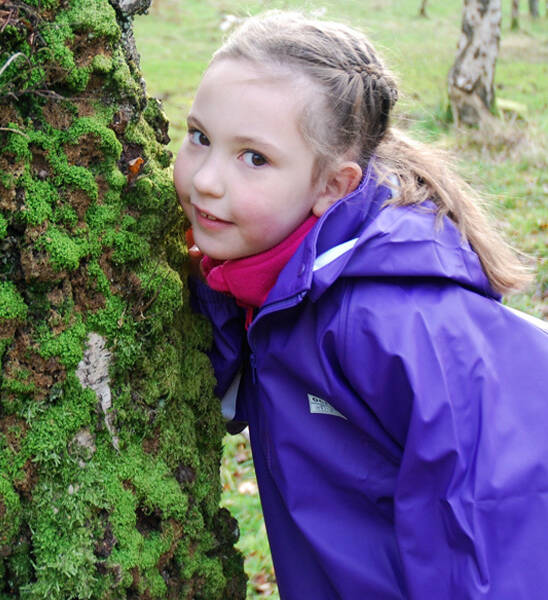Research & reports on risk
Balancing & managing risk in play; reports, research, reviews & official statements.
Reports & research documents are, as much as possible, arranged in chronological order, most recent at the top
Den building supports the development of a number of key skills, as well as being a lot of fun!
The materials available outdoors, such as soil and leaves, sticks and stones, are ideal for children to manipulate and experiment with. There are interesting and unusual places to hide, climb and balance. A whole range of elements to encourage imaginative, challenging and creative play. Den building allows children to interact with natural elements. They learn to negotiate, problem solve, resolve, manage and work as a team. Learning to work together can be difficult at any age but den building can be a way of learning to cooperate. During this process they are often open to other children’s suggestions and learn from their own mistakes.
Control over an environment will not necessarily result in an increase in safety. As practitioners we aim to expose our groups to risk but control that risk to prevent serious harm. Faced with low level danger, children learn very quickly how to take risks and understand the result of their actions. Learning to adjust to change and uncertainty is an essential part of growing up. Children who do not experience these things do not build up an understanding of how to calculate risk and are more likely to put themselves in danger. Den building naturally has an element of risk that children can explore and experiment with.
Den building requires children to visualise, plan, and build and to manage, negotiate, cooperate and work as a team. Learning to work together and cooperate can be difficult at any age and den building can be a way of learning how to help this process.
Many children today have very hectic lives. With timetabled afterschool activities and homework, there is little time for relaxation. For those children whose lives are chaotic and perhaps even dysfunctional, a den is a haven away from the pressures of everyday life. It provides some sort of emotional security.
With less free time, children have less time to socialise with their peers, which is vital for their social development. Dens provide a social meeting place where friends can gather together and great plans are hatched. A den is a place where a child can reinforce their sense of self. Dens can be mini youth centres where meeting up is a regular occurrence, and social development, language, problem solving, maths and physical development are always on the curriculum.
Without imagination and creative development the den building process would never get off the ground. A child needs to be able to visualise and realise their ideas, be open to suggestions and learn from their mistakes. The planning process is as important as the building process.
Den building is where a child’s play is dictated only by their imagination and their personal limitations. They can play at whatever level of complexity they feel comfortable with.
Not something you necessarily associate directly with den building, however, the task provides opportunity for plenty of talking during the planning and building process. Children need to be able to convey their ideas through talking and describing. During building, instructions will have to be given and language used to problem solve.
On completion the den will becomes a magical place where children’s imaginations will come to the fore and interaction through imaginary play presents many rich language opportunities.
Who would have thought that building a den would involve so much maths?!
Design skills are key to a successful den and being able to visualise the finished product is paramount to its success. Children therefore need to be able to think logically and look carefully at the shape and size of the materials they are using. If something is too big, it may unbalance and fall over, too small and it may take too long to build. Materials are constantly being put together and taken apart, to try and find the best solution to the problem.
Den building is not something that can be done sitting down and it can be quite vigorous physical exercise, where children may not even be aware that they are moving around.
They will be fetching and carrying objects as they search for materials, some of which will be quite large. These materials will have to be lifted and attached into place which will involve stretching and balancing on odd shaped objects.
Many children are scared to try
something in case they can’t achieve it. Often children are so absorbed
in the den building process they do not recognise that they are learning
from repeated miscalculations. When a roof collapses they pick the
items up and try again repeatedly adapting all the time. This then is a
significant life skill that is required in most elements of their formal
learning.
Research & reports on risk
Balancing & managing risk in play; reports, research, reviews & official statements.
Reports & research documents are, as much as possible, arranged in chronological order, most recent at the top

Benefits of Forest School
Forest School benefits children from Early Years & Primary right up to adulthood. But what actually is the impact of regular child-led outdoor play and learning & spending time in nature?
The benefits are many and far-reaching, but also difficult to measure. Below we list some, but by no means all, of the benefits of Forest School on various aspects of a person’s life or development.
Scroll down to find out more about evaluating work outdoors.
Read More about Benefits of Forest School